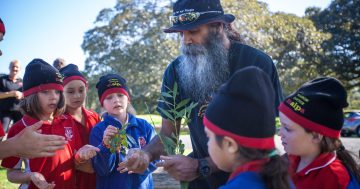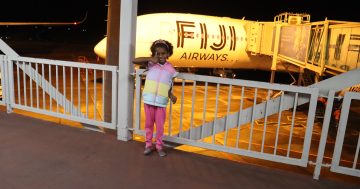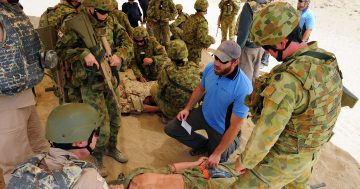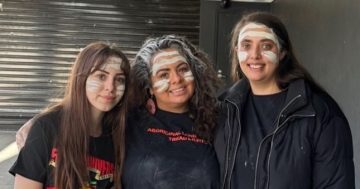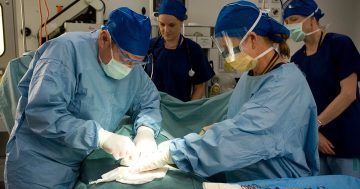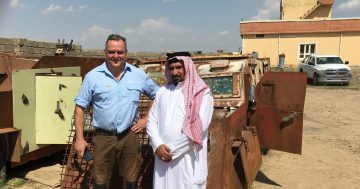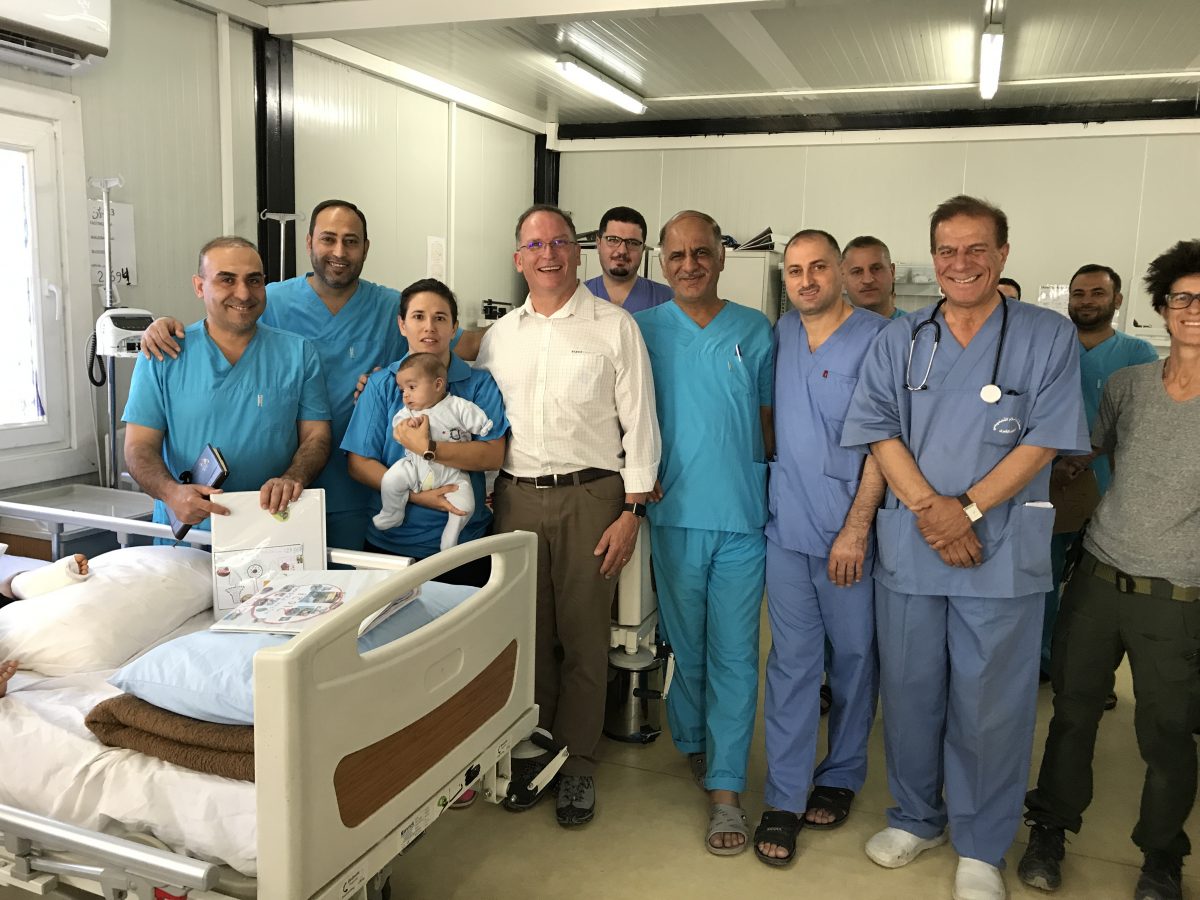
Aspen Medical founder and executive chair Glenn Keys with members of the Iraqi medical team in Mosul in 2017. Photo: Aspen Medical.
It was the start of the second Gulf War and as Glenn Keys watched a news report with his wife, a pit in his stomach was growing.
The report was listing companies responsible for producing the missiles used in the war, and one of them was the US Defence company he was working for.
“My wife asked me how I felt about it and I said ‘Not too good, actually’,” he said.
“I think I’d always known I wanted to work in a business with more of a social purpose, but that’s when I really started to ache for it.”
While in England for work he caught wind of then Prime Minister Tony Blair’s intent to revolutionise the UK health system. Part of the plans was to invite overseas tender for capability and capacity to dramatically shorten the National Health Service’s medical procedures waiting lists.
And so Aspen Medical was born. Its first consulting contract was to help remove 5000 hip replacements, 7000 minor orthopaedic procedures and 5000 outpatient appointments off the waiting lists at seven sites within 12 months.
“It was a huge volume to deal with right off the bat,” Glenn said. “We had to think laterally as to how we were going to deliver that.”
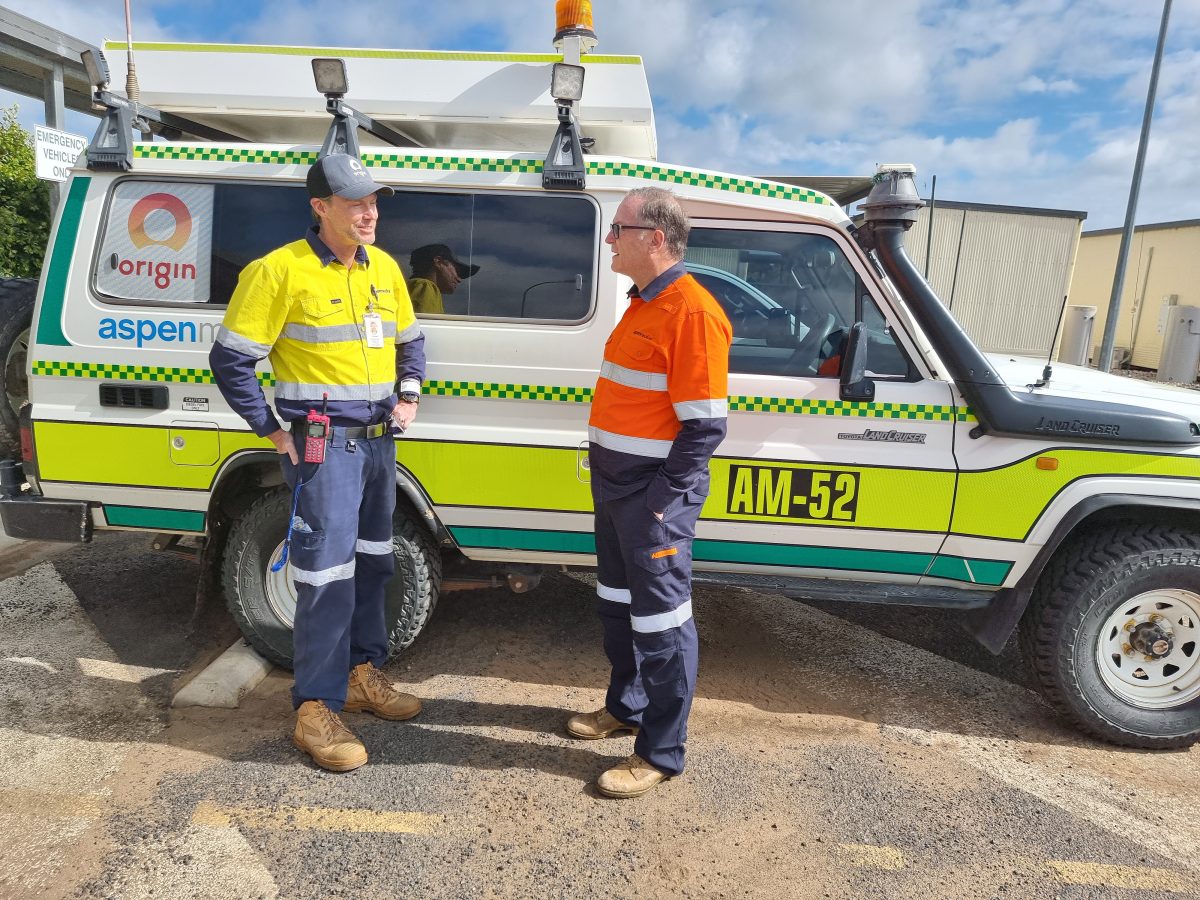
Glenn (right) chats with Dan Hartnett, one of Aspen Medical’s longest-serving health professionals at a remote oil and gas site in Spring Gully, Queensland. Photo: Aspen Medical.
At the same time they had won a contract to provide complete health care to the Regional Assistance Mission to the Solomon Islands (RAMSI) – a commitment from Australia to help the Islands “re-establish the machinery of government”.
“They needed to come back from really, what was the brink – back to self-governing, democratic systems and delivering public service and to recover as a nation,” Glenn said.
For 13 years Aspen Medical helped RAMSI rebuild the entire health care aspect of the project, from the medical buildings and equipment to the personnel, pharmaceuticals, technology and ambulance aircrafts.
“That was an extraordinary piece to be a part of – the people working in the medical industry in the Solomon Islands felt safe because of what we were providing,” Glenn said.
“No defence force in the world had ever outsourced a health care project to a private company before. In doing so, Australia was really leading the world in a model of how to contract, manage and engage a commercial provider in that area.”
Time and again Aspen Medical was engaged in a trifecta with government and non-profit organisations to provide medical capacity where it was most needed.
After the fall of Kabul, when American soldiers were pulled out of Afghanistan, the company was contracted in a collaboration with the Australian Defence Force to ensure the refugees they were bringing to Australia were fit to travel. The lead time was heart-palpitatingly short.
Within 72 hours they had set up a hospital in the Middle East where refugees were flown to undertake examination before flying to Australia.
They were told to expect 400 refugees. But operations were so efficient, refugees from other countries were diverted to them for processing. In total they treated about 4500.
“We didn’t have months, or even weeks to help. It was a question of hours, days at most. That to me was incredibly powerful,” Glenn said.
“Being able to help process those refugees out into locations around the world meant they could survive a situation they might otherwise not have.”
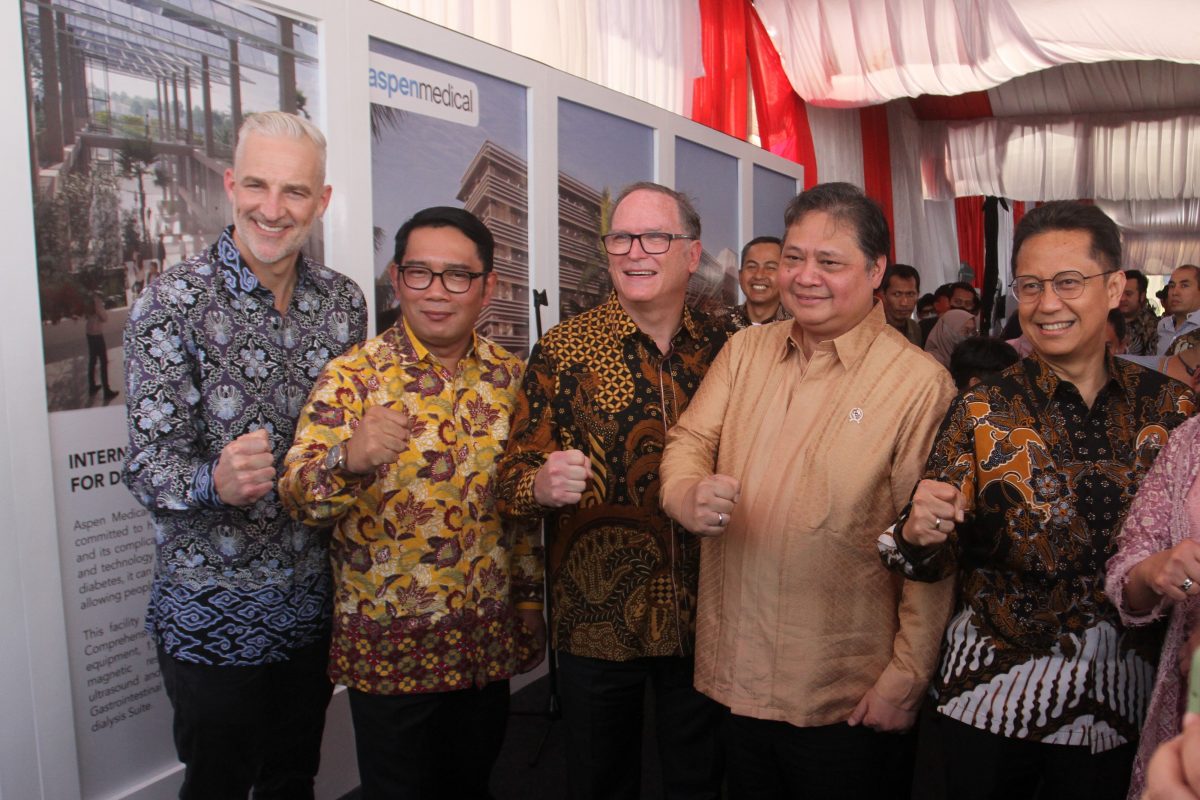
Dr Andrew Rochford, Governor of West Java Ridwan Kamil, Indonesia’s Coordinating Minister for Economic Affairs Airlangga Hartarto, Glenn Keys and Indonesia’s Minister for Health Budi Gunadi Sadikin at the sod turning for the first international hospital in Depok, West Java, which will be built and managed by Aspen Medical.
Aspen Medical is the only commercial medical emergency team in the world accredited by the World Health Organization (WHO). It’s part of the reason the United Nations entrusted the team with a contract late last year to deliver medical personnel to Somalia within 25 days.
“At a time when bad news really dominates the media, it’s a privilege to work in this space and get exposed to things like what the UN is doing in Somalia,” Glenn said.
“Here is a story of the UN doing an incredible job in assisting in maternal and child health services, gender equity, re-establishing agriculture and trade, and a country pulling itself up by the bootstraps. It’s truly inspiring and uplifting, and our team is incredibly proud that every day since December 1, we’ve been on the ground helping to deliver that.
“It shows that when you bring government, business and NGOs [non-government organisations] together, we can create incredible outcomes.”
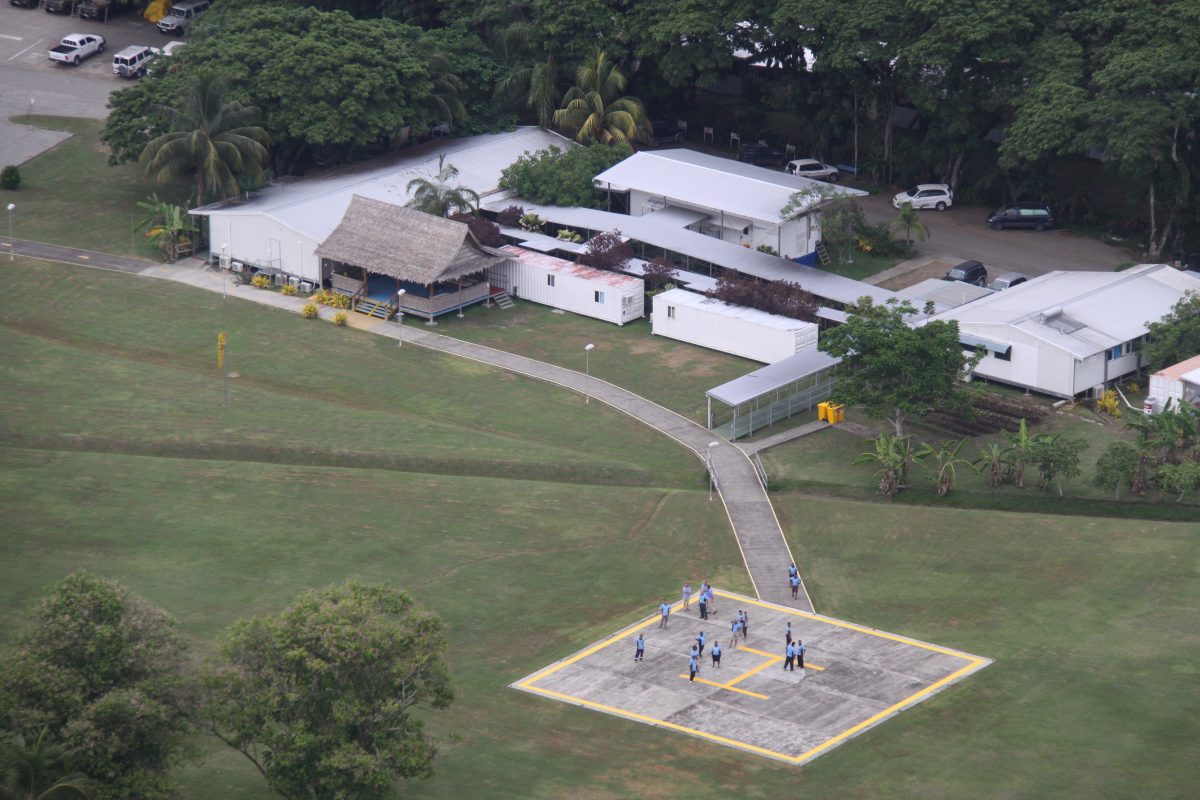
Aspen Medical established this hospital in Honiara, Solomon Islands as part of the Australia’s Regional Assistance Mission to the Solomon Islands. Photo: Aspen Medical.
Not all of its milestones have been overseas. Domestically the team worked a lot in the Indigenous space through the company itself and its philanthropic arm, the Aspen Medical Foundation, which targets health issues that tend to slip between the cracks.
Recently its focus has been on tackling trachoma, an eye infection that causes eyelashes to curve in and scratch the eyeball.
“Over time you blink yourself blind. It’s terrible,” Glenn said.
“Worse, we’re the only country in the world with it still endemic in its population. Developing places like Malawi in Africa had eradicated it, but 15 per cent of our Indigenous population had it when we started in this space. It’s down to 4.2 per cent and we’re working on eliminating it entirely.”
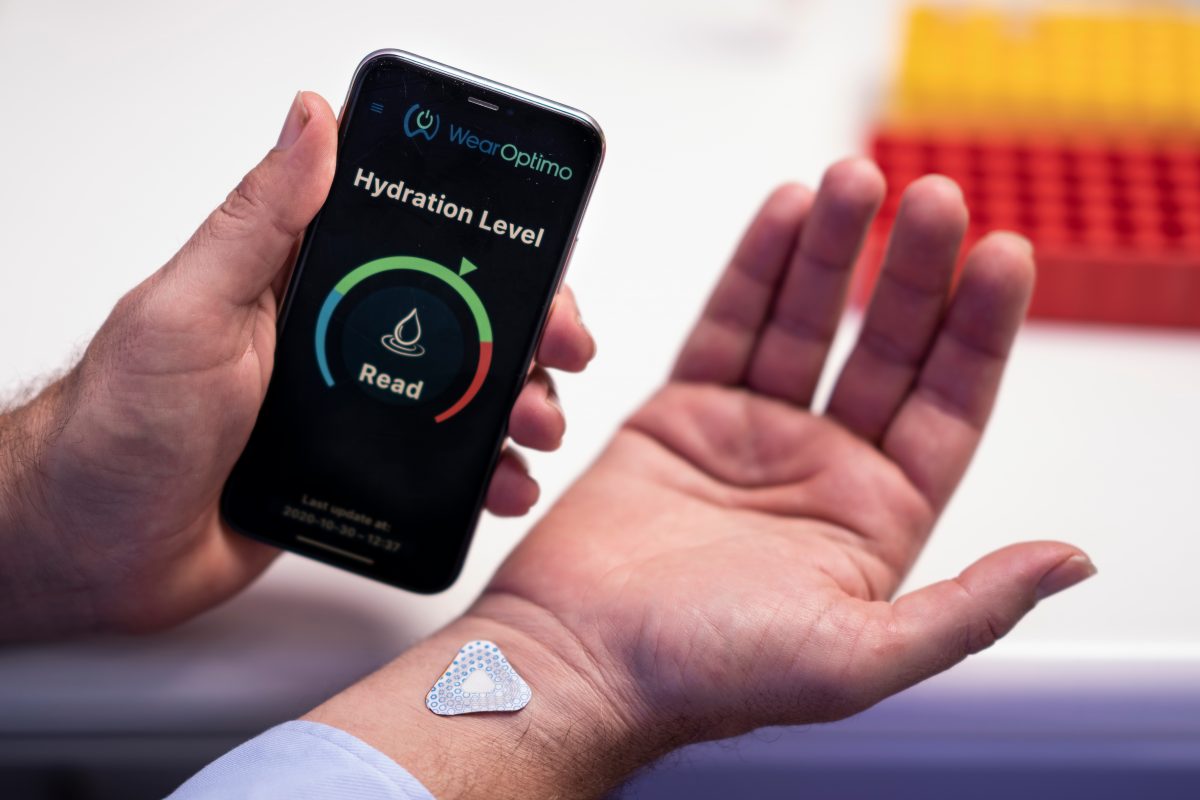
A WearOptimo microwearable sensor in action – technology that could be a game changer in health for several industries. Photo: Aspen Medical.
It’s also working with a local charity named One Disease on an innovative and culturally appropriate method to target scabies in Indigenous populations. So far it’s eradicated it from 220 Indigenous communities, aiming for 100 per cent by 2025.
And as part of the government-funded organisation Remote Area Health Corps (RAHC), Aspen Medical provided 8500 health professionals to remote Indigenous communities over the past decade.
Looking forward, the company will be the medical provider for Australia’s Moon to Mars missions, triggering trailblazing efforts that could have far-reaching implications for a number of industries.
“We’re using WearOptimo technology to measure biomarkers in astronauts as part of a research program for how space medicine works,” Glenn said.
“That research could translate to automation of critical healthcare operations in multiple industries from construction to remote healthcare and aged care.”
This year Aspen Medical marks its 20th anniversary – a milestone Glenn said brought welcome reflection.
“It may sound trite, but I’m so very proud of this Canberra company that’s exporting Australian compassion around the world, everywhere we go.”













